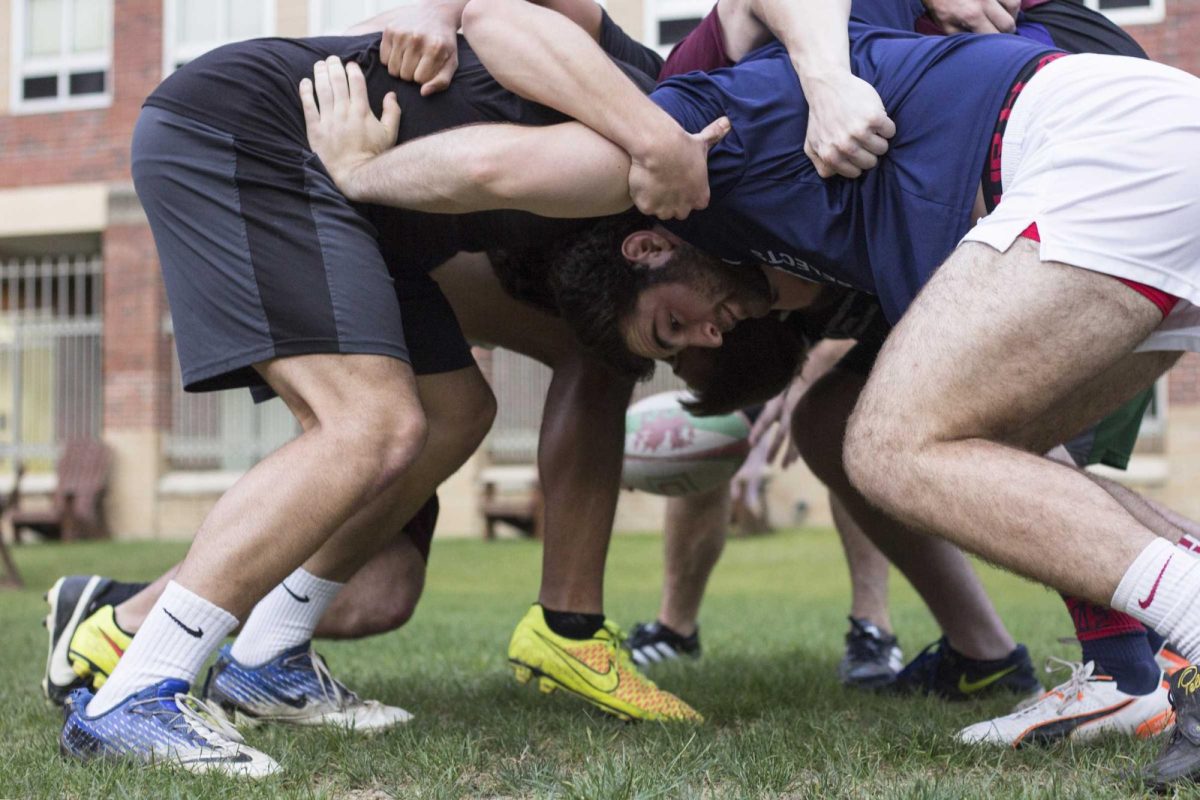As a senior in high school, I would see many of my graduated friends’ Facebook statuses concerning college life. Whether they were about parties, classes or class work, I felt like I had a general idea of what college was going to be like. Yet, when I started school earlier this year I realized that college was, in fact, just like high school.
The first problem to attract my attention was the attendance policies that each one of my classes has. Most of them state that after three or so days of absence, a student will be penalized by losing some arbitrary number of grade points. And, if the absences persist, a student could even end up failing the class. Now, how is it fair that students will lose final grade points by not going to class? If a student can miss class and still keep up with the workload then so be it; that student should not be penalized just because they didn’t attend class.
Going to class doesn’t necessarily make you smarter. It sometimes doesn’t even make the content easier to understand. If a student can prove they know the material by doing well on exams, papers and other assignments, then attendance should not be the reason that they get a B- in the class, rather than an A.
Loyola further resembles high school in that many teachers utilize daily assignments rather than exams and papers. This may be a personal problem, but I find that papers and exams are the most efficient way of testing the knowledge of a student, not weekly quizzes and daily assignments. Teachers are babysitting us and making sure we are learning by giving us these smaller assignments, instead of just two or three exams and a paper. College is supposed to teach responsibility, so it shouldn’t be the teacher’s job to make sure we are learning the material. That’s the student’s job.
The final reason that Loyola proves too much like high school is the policies put in place by Residential Life. I understand that freshmen do stupid things. It happens. But to have different rules placed on freshman residential halls than on those for upperclassman isn’t fair either. Just because someone is a sophomore in Carrollton Hall, do they automatically have better judgment than a freshman in Biever Hall? I don’t think so. There are many freshmen who are actually older than upperclassmen, and yet they are treated the same as if they are stereotypically naive 18-year-olds. The after-hours rule is a concept that was embodied when living in a household with parents. To have the same rules while in college and to have them changed for people a year apart is ludicrous.
Loyola evidently needs to change some of the policies put forth by both Residential Life and the teaching staff to make Loyola more like a college rather than a high school, and I would love to see these policies changed before I graduate.
Tad Walters is a history freshman. He can be reached at [email protected]


















